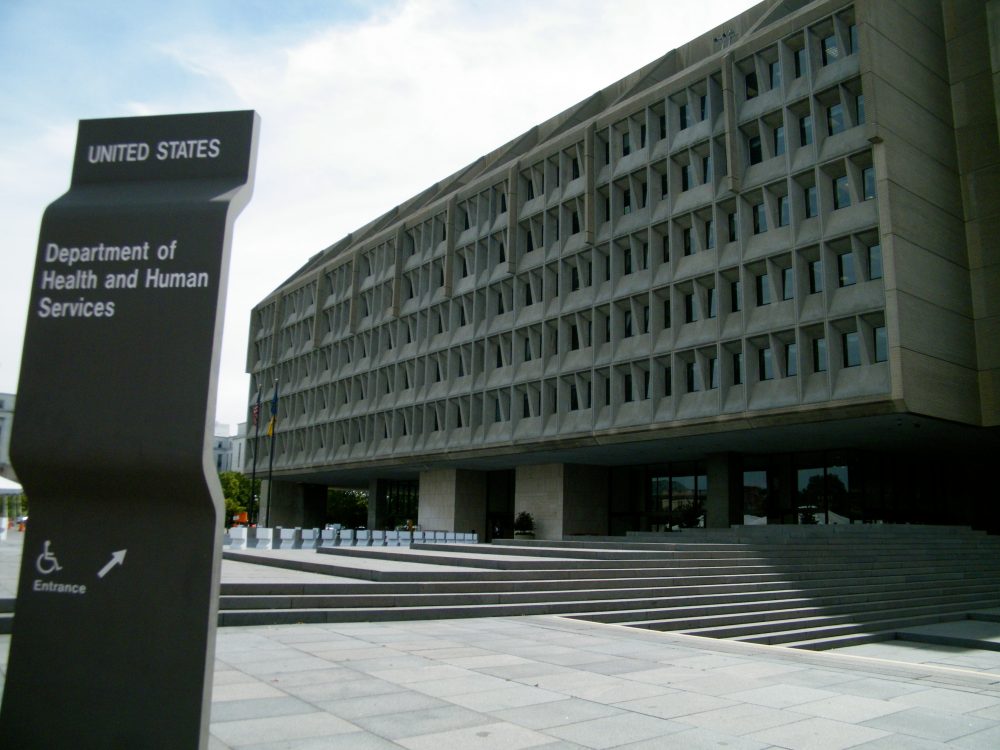As a second Trump administration approaches, we’re running out of time to confirm as many federal judges as possible to provide a check on his presidential power and curb his stated policy priorities.
Two Courts Find That Birth Control Is Not a “Gratuitous Benefit”

 Late last week, the Trump Administration’s attempts to roll back the Affordable Care Act’s birth control benefit hit a huge, well-deserved roadblock: a judge in Pennsylvania issued a nationwide preliminary injunction against the interim final rules (IFRs) the Administration issued in October. And on Thursday, a judge in California issued a second nationwide preliminary injunction against the IFRs.
Late last week, the Trump Administration’s attempts to roll back the Affordable Care Act’s birth control benefit hit a huge, well-deserved roadblock: a judge in Pennsylvania issued a nationwide preliminary injunction against the interim final rules (IFRs) the Administration issued in October. And on Thursday, a judge in California issued a second nationwide preliminary injunction against the IFRs.
These injunctions mean that the Administration cannot enforce the IFRs, which otherwise would have allowed virtually any employer or university to deny birth control coverage to their employees or students because of religious or moral objections. The California order makes clear that the rules about birth control coverage that existed before the Trump Administration, which guaranteed most women birth control coverage, are still in effect.
Just like in our lawsuit against the Trump Administration, the Pennsylvania and California attorneys general said that these IFRs are illegal and will harm women. Their primary claims were that the IFRs violate the Administrative Procedure Act (APA), as well as the Constitution and federal statutues. And, both of the injunctions were granted because the judges determined that the IFRs did violate the APA.
Judge Beetlestone in the Pennsylvania case saw through the government’s arguments as to why it could bypass the regular notice and comment rulemaking procedure – she called their argument that they had statutory authority to do so “matryoshkanesque.” She was also unconvinced by their assertions that the rulemaking must be done urgently, pointing out that no court has imposed a deadline on the Administration to resolve the claims made by those entities that seek to exclude birth control from their insurance coverage. Furthermore, both Judge Beetlestone and Judge Gilliam in the California case found that the prior notice and comment periods on the birth control rules that existed before the Trump Administration were insufficient to issue these IFRs.
The second question Judge Beetlestone took on was whether the IFRs contradict the plain text of the Affordable Care Act – and she rightly determined they do. Over and over, Judge Beetlestone emphasizes just how sweeping the IFRs are, saying “They are the proverbial exception that swallows the rule.” And in one hypothetical that bears quoting in full, Judge Beetlestone shows just how sweeping the moral exemption IFR would be:
“It would allow an employer with a sincerely held moral conviction that women do not have a place in the workplace to simply stop providing contraceptive coverage. And, it may do so in an effort to impose its normative construct regarding a woman’s place in the world on its workforce, confident that it would find solid support for that decision in the Moral Exemption Rule. It is difficult to comprehend a rule that does more to undermine the Contraceptive Mandate or that intrudes more into the lives of women.”
Judge Beetlestone makes clear that not only did the Administration not have authority to issue these IFRs generally, but that the text of the ACA specifically does not give it authority to do so. She further finds that the Administration is wrong in its assertion that the Religious Freedom Restoration Act supports its interpretation of the ACA.
Ultimately, both Judge Beetlestone and Judge Gilliam determined that states will suffer irreparable harm, both to their own finances and to the “health, safety, and wellness of its female residents.” Judge Gilliam went further to say that not only will states suffer harm but that they have already suffered harm: “Every day the IFRs stand is another day Defendants may enforce regulations likely promulgated in violation of the APA’s notice and comment provision, without Plaintiffs’ advance input.” And it should be noted that he truly understands what these rules mean for women: “For a substantial number of women, the 2017 IFRs transform contraceptive coverage from a legal entitlement to an essentially gratuitous benefit wholly subject to their employer’s discretion.”
The bottom line is this: for now, the Trump birth control rules are not in effect. But the fight is not over.
If you or someone you know has been denied birth control coverage or been charged out-of-pocket costs for birth control, please contact the National Women’s Law Center’s CoverHer hotline at www.coverher.org or 1-866-745-5487.




